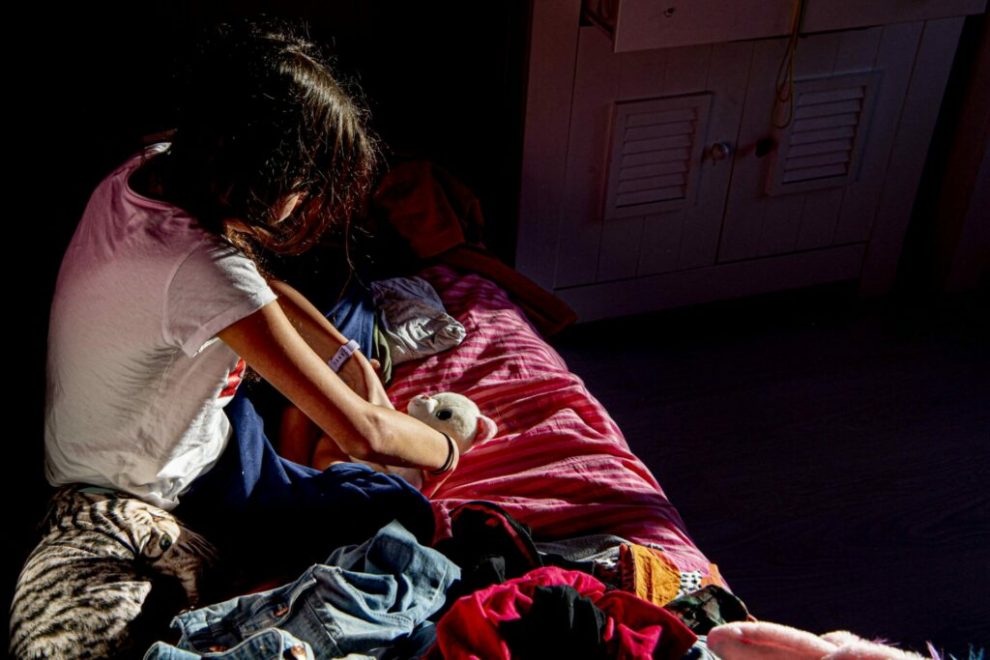The crisis hotlines in Flanders and Brussels receive an average of 40 calls every day from people who are asking for help in situations involving a child or young person.
That number is still as high as it was at the peak of the corona crisis. In half of the cases, specialised crisis assistance is required, but very often the answer is that no such help is available.
It is well known that the corona crisis has severely affected children and young people, and also families. During 2021, the Flemish Agency for Growing Up registered 19 percent more requests for crisis help than the year before. But now it appears that the demand for urgent help continues to peak at that same high level.
The six crisis hotlines in Flanders and Brussels are available seven days a week and 24 hours a day for care providers, young people or families if a crisis situation occurs in a family. It is either a mental problem in the young person or a disturbing parenting situation.
In one in three requests for specialised crisis assistance, young people or families received the message that no help is available
Niels Heselmans, spokesman for the Growing Up agency, explains that the crisis hotline first tries to help by telephone, so that the parents or young people can get started with the crisis situation themselves. In half of the cases, an average of 20 per day, this telephone help is sufficient. But with the other 20 requests for help, more is needed. Then the hotline starts looking for specialised crisis help, which is not always available.
“In one in three questions for that specialised crisis help, young people or families received the message that no help is available at the time of registration,” says Heselmans. “It concerns both young people who need help with family issues and young people who struggle with mental health problems.” On average, seven people a day are told that the help they urgently need is not available. A situation that all too often leads to an escalation of the problem.
Amber urgently needed help a while ago because she suffered from anorexia. “It was only after four weeks that a mobile crisis team could come along for the first time,” she says. In her case, it was a nurse and a psychologist. That help was very welcome, but Amber urgently needed to be admitted to a hospital. That only happened after six months of waiting.
“So, I had to try to survive at home for another six months,” she says. “I didn’t go to school anymore, so I was just at home. It got worse and worse, until I just crashed and then there had to be a solution. Then they looked for a place. It’s bad that it has to come this far before you get help. And then it was only for a few days. Then they send you home again, because there are such big shortages.”
So, what is the reason why the supply is so inadequate? One explanation is the continuing high demand for help since the corona crisis. Furthermore, the care and welfare sectors are struggling with the shortage in the labour market. A lot of vacancies for care providers are therefore not filled.
This means that the maximum capacity in terms of crisis assistance is currently not being achieved, in short because too few employees can be attracted to the sector. Moreover, there are often more complex cases than a few years ago, which also increases the pressure on crisis employees and requires more time and actions after every registration.































